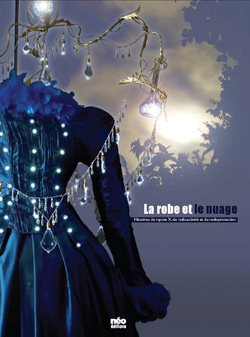The ICRP Dialogue initiative on the rehabilitation of living conditions after the Fukushima nuclear accident
- Détails
- Catégorie : Communications
- Publication : jeudi 28 septembre 2017 09:11
Thierry SCHNEIDER (CEPN), Jacques LOCHARD (ICRP), Christopher CLEMENT (ICRP)
4th International Conference on Radioecology & Environmental Radioactive, ICRER 2017, Berlin, 3-8 September 2017.


